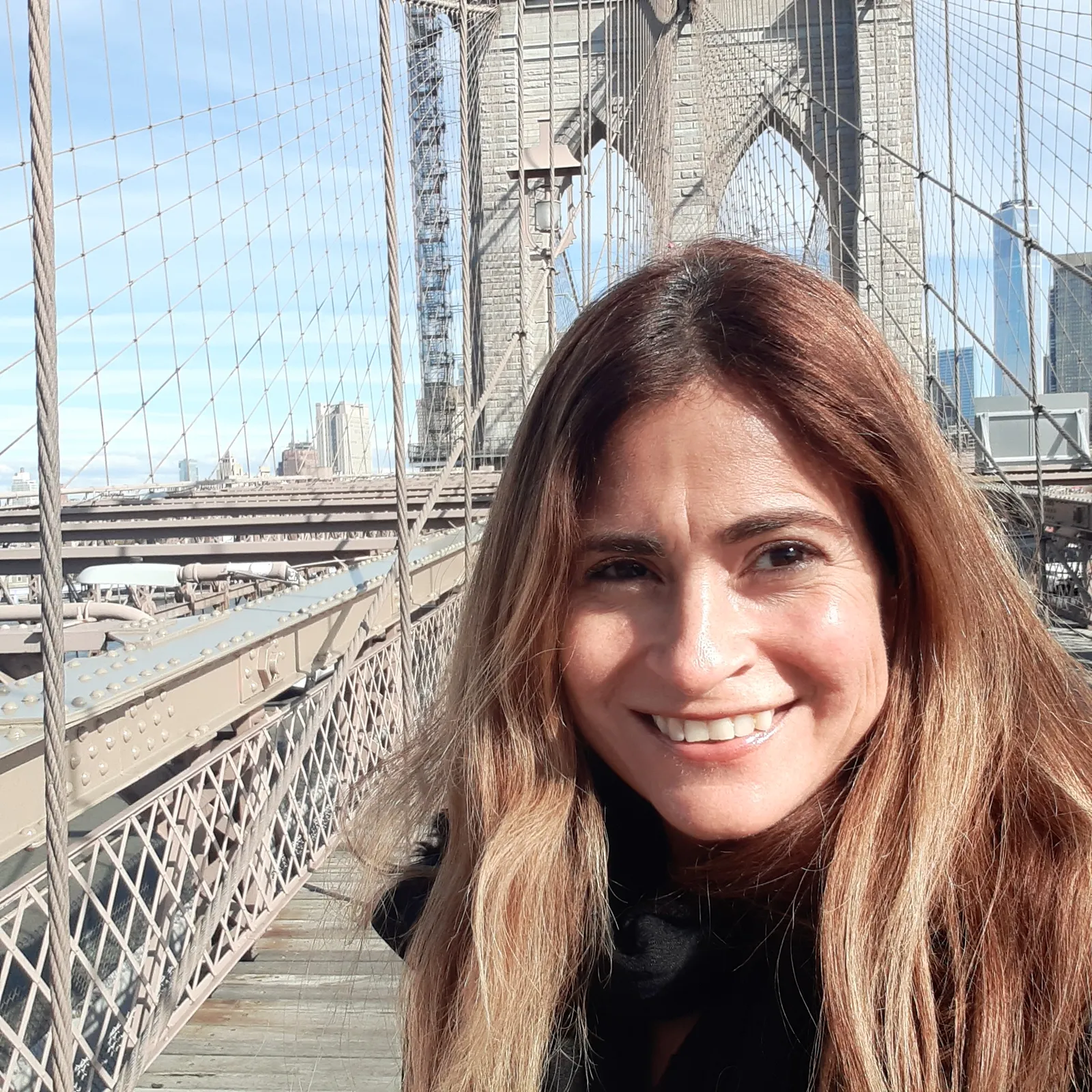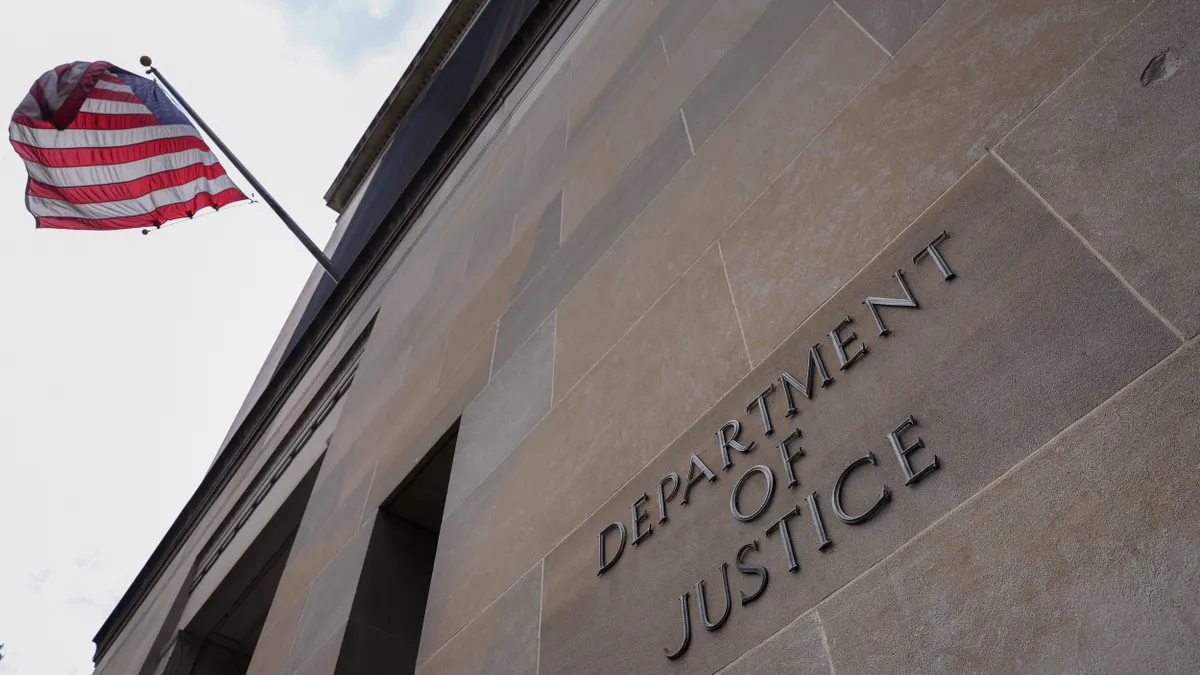This is the third installment in an ongoing series focused on examining solutions to the education workforce shortage. Here we share our conversation with a teacher who considered leaving the profession but stayed.
For over 20 years, Elana Rabinowitz has taught English as a second language in New York City Public Schools. Today, she teaches ESL to middle school students in Brooklyn.
As district leaders across the U.S. look for ways to both recruit and retain teachers, Rabinowitz explained to K-12 Dive why she has taught for so long and continues to do so even though teaching through the pandemic “almost broke me.”
Rabinowitz reflected on her journey to teaching and what may be needed to keep long-time teachers like her around — but also bring in new educators. In a post-COVID era where hybrid and remote working opportunities abound in other sectors, she admits, it might be difficult to find teachers who want to work in a “field where people are often talked down to, underpaid, exhausted and overworked.”
Editor’s note: This interview has been edited for brevity and clarity.
K-12 DIVE: When did you know you wanted to be a teacher, and how did your career lead you to New York City Public Schools to teach ESL?

ELANA RABINOWITZ: It wasn't a direct route. I wouldn't say I'm someone who grew up and said, "I want to be a teacher." But I am a product of the New York City Public Schools, so I believe very strongly in public school education.
I had a background in advertising. I had worked at a dot-com in San Francisco. I was very homesick. I came back to New York City, and I was trying to figure out what I wanted to do. And then the towers fell. And so I started as a result of 9/11, wanting to give back, and I wasn't going to end during another catastrophe as well.
When you say “end during another catastrophe,” you mean…?
RABINOWITZ: Meaning COVID. Those weren’t going to be my bookends.
That’s interesting. I’m also curious about this — 87% of local New York City teachers said in a survey this year they were likely to stay for their whole careers in the district. Why do you think that’s so high, and what’s kept you around for the past two decades?
RABINOWITZ: I wouldn't say I'm a die-hard teacher. I wouldn't have thought of myself as someone who would have been a New York City Public School teacher, because I did a lot of traveling and a lot of other things. And I'm not quite sure how I remained in it so long.
But I do work with people that you could tell it's their passion. They wouldn't want to be doing anything else. And I think there's something about [that] because it is just so hard, and you put so much into it. There's so much that you can feel good about in a day. It's beyond just simply giving information or having someone educated. It's about the whole child, and what you can give them as role models and citizens.
Despite that survey data showing really strong interest among teachers to stay, do you see a teacher shortage or a looming one in your area?
RABINOWITZ: Absolutely. I don't know who will go into teaching now. Would I have been a teacher if hybrid job opportunities were available 20 years ago? It would have to be an absolute calling. And I don't know if I would want to have done that myself.
Whereas I think there's something about being a New York City Public School teacher that just has a different weight to it. I've met other teachers around the world, but I think there's a different pride here that people feel — and I don't think the pension hurts.
Let’s dig in more about that New York City Public School teaching pride. What is it, exactly?
RABINOWITZ: I think there's a lot of people who want to be altruistic and helpful and feel good about it, and it's so hard to work in New York City. It is the hardest, it is probably like my eighth profession I got in my 30s. But if you're going to, it's almost like you've paid your dues, and you've worked so hard to get there. You have to have a certain energy level and commitment to doing something like that, and you just can't fake that.
I think of myself as more of an outlier. I'm an ESL teacher. I've taught, I lived overseas. The majority of the students I work with were born in other cultures. I'm more of an ambassador than a teacher, I feel, at times.
I will say, and I won't go on a long rant — last year was the worst year of teaching of my entire career. And coming back to the situations we came back to, and the shortages and the sicknesses and the expectations and the risk. It almost broke me.
So you almost left last year?
RABINOWITZ: I wanted to, but I’m so far in, and that’s, I think, what a lot of people do as well. It's interesting, I was thinking how hard it was, and I really didn't know quite how I went through it. And I was just thinking how this year, it just feels so much lighter. Because I mean, I really felt endangered for my life. And I didn't think that was the healthiest way to be living.
The kids were so lost from not being in school and not having that stability. I work in a very low socioeconomic class, and a lot of those kids did not have access to the internet and did not have access to devices and really just lost so much in school. And so many social skills and the tension and the fighting and everything. It was just so volatile and so sad. But at the end of it, you felt like you were truly giving something back.
You wear so many hats as an educator. You're part therapist and part teacher and part entertainer and part parent and part psychologist and part gym teacher. But last year … what got me through was, I said, “I'm just going to make these children happy and see what happens because they’ve lost so much.”
So that’s what kept you going?
RABINOWITZ: That’s what kept me going. I did the best I could. And as I said, it was a really long year, and I don’t know if I could have done another year of that capacity.
Moving into a post-COVID world, what do you think could be done to improve how districts address teacher retention and recruitment?
RABINOWITZ: You can go on sabbatical after 14 years of teaching [in New York City Public Schools]. It's a really long time before you can take a break from your daily activities and work on your own education. Many people who are teachers have families, they have kids. They need that time. So perhaps if there was a way every five years to have maybe a six-month sabbatical without disrupting education completely?
Or if there were ways to allow more of a life for the educator. Now we have a lot of parent-teacher conferences that are remote, and that makes so much more sense. Like everything doesn't have to be done in person.
But I don't have the answer for teacher retention, I really do think it's going to be a huge problem. If the majority of the workforce doesn't seem to want to go back to in-person work, I don't know what is going to now attract candidates to a field where people are often talked down to, underpaid, exhausted and overworked — other than to compensate them more. If the whole world is changing, then education surely has to follow.
Is there anything you want to add on this topic, that we didn’t get to?
RABINOWITZ: I just really wish there were more discussions and open-mindedness into modifying and augmenting our education process. That it wasn't just, “This is what we did last year, and this is what we're going to do, and we're going to do these tasks.” It just doesn't work for inner-city populations. And if we could just be more open to that, I think we could also attract very needed people to continue this role




















